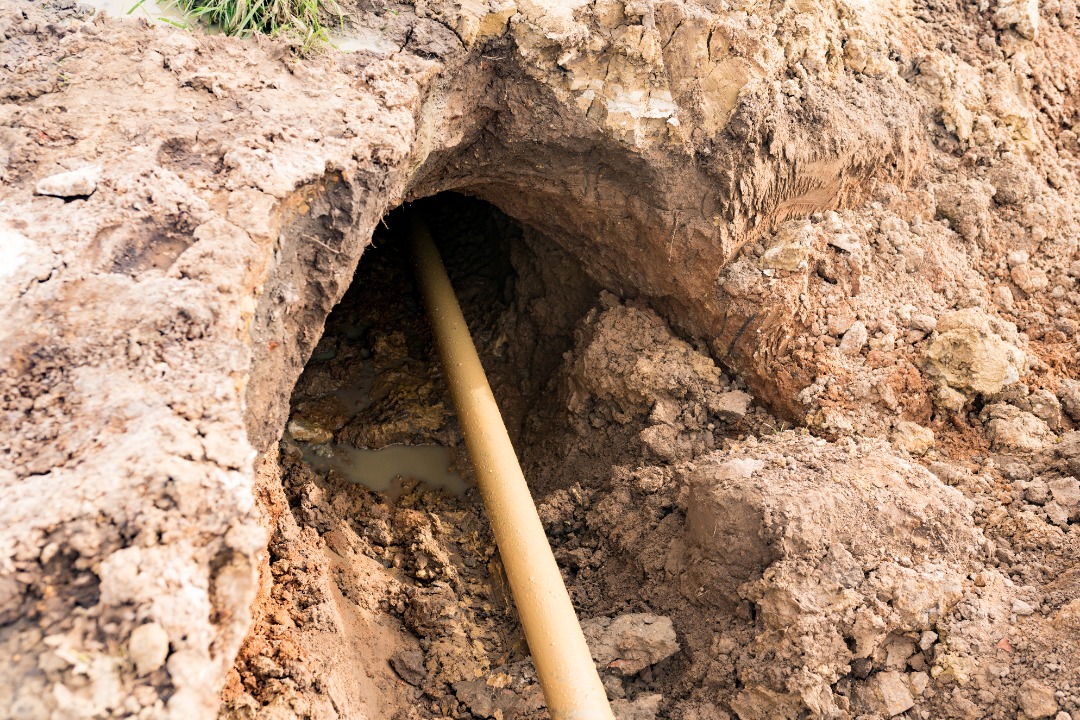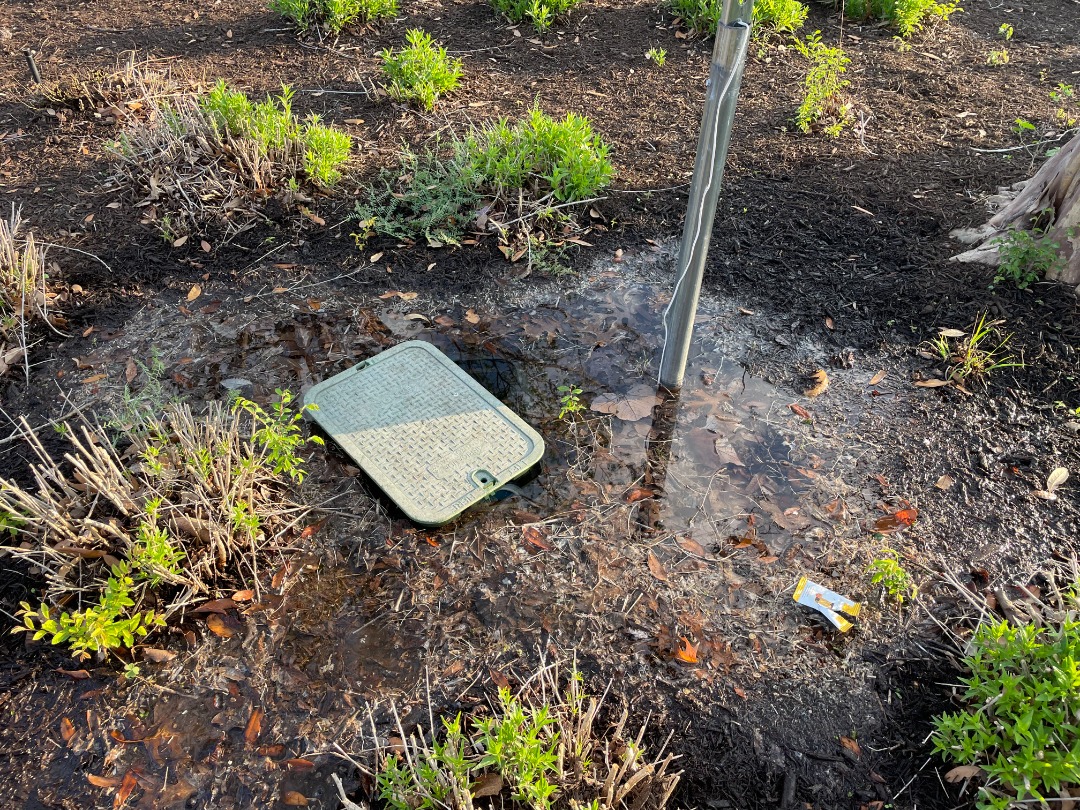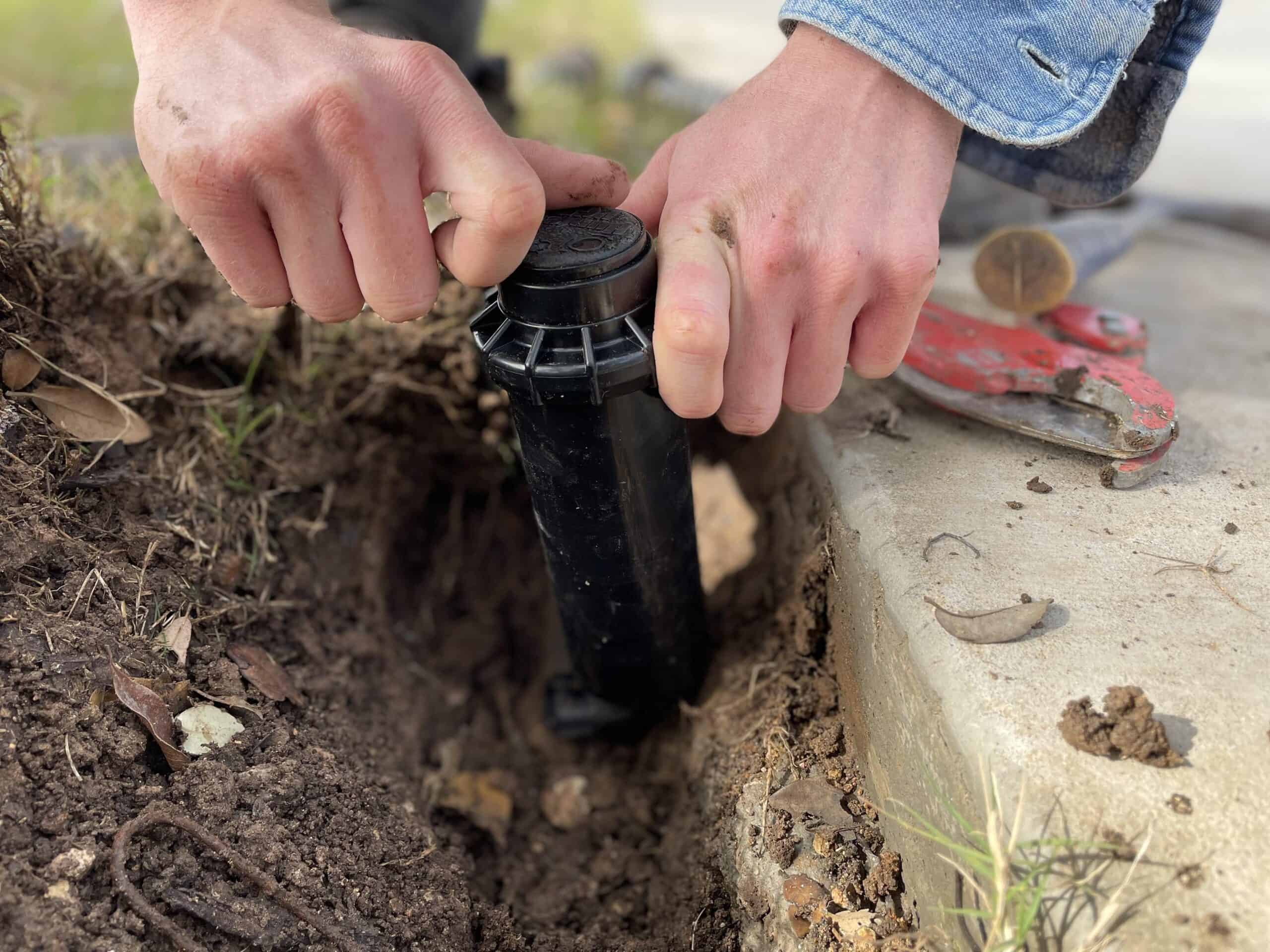How Irrigation Repair Keeps Pesky Pests Out of Your Yard
Irrigation is a great system with many advantages to improve your yard’s health, appearance, and maintenance. It can save money and free time and provide environmental benefits. However, irrigation systems come with certain responsibilities. Even if your system is automated, it’s not something you should install and not think about anymore. You must perform important tasks like irrigation repair and regular inspections to ensure no problems have developed. But what if they have…in the form of unwanted critters? It may be due to your irrigation or something else. In this article, we’ll walk you through how to find the source of these issues and what you can do to stop them. Read on to learn more!
What Kinds of Pests Does Irrigation Repair Deter?
Deters Mosquitos and Other Insects
Irrigation repair can deter mosquitos in several key ways. First, a malfunctioning irrigation system can lead to overwatering. This excess water doesn’t just waste your money but can create a damp, humid area that can attract undesirable insects. It can attract unwanted insects like mosquitoes. Mosquitos thrive in stagnant water and will lay eggs in it. The larvae thrive in these environments and can lead to an increase in mosquitos in your yard and spread to nearby areas. Fungus gnats are also attracted to moist, overwatered areas.
Gnats can also be annoying pests, making your yard more unpleasant to relax in. Slugs and snails are also attracted to wet, cool environments. They can be especially harmful if you have a garden. Snails and slugs feed on fresh fruits and vegetables and can also damage your other plants. Other unwanted pests like roaches, fleas, and spiders can be drawn to this ideal environment, making your yard a breeding ground more than an outdoor living space you love to be in.
Deters Rodents and Other Mammals
Insects are just the tip of the iceberg when it comes to pests. Other bigger animals can be attracted to these wet conditions and your leaky irrigation. Leaky irrigation provides easier access to water, whether a small puddle, a large pool of water, or leaky pipes. Many rodents, like rats and mice, can be attracted to these kinds of water sources, especially during the dry periods people in Austin, Cedar Park, and Round Rock, TX, are well aware of.
It can also attract pests like raccoons, skunks, and possums. However, some pests aren’t just attracted to the water, they’re also attracted to the soil, now softened by the water. Burrowing animals like moles and voles will use the soft soil and dig tunnels to establish nests. This can be an issue, and the presence of these burrows and molehills ruin the look of your otherwise well-kept yard. In addition, excess moisture also promotes the growth of not just animal pests. It can also encourage fungal growth to occur as well, which can attract pesty animals as well as damage the health of the other plants in your yard. As you can see, ignoring irrigation repair can branch out into bigger problems that you’ll need to resolve sooner or later. We advise, preferably sooner.

The Connection Between Irrigation Repair and Pest Infestations
Standing Water Promotes Pest Infestation
There are definite links between your irrigation system and a pest infestation. One of the most obvious links is if you spot any standing water. Standing water that was (or currently is) caused by a leaky pipe or some other issue that has not been resolved. Mosquitoes love standing water and are very opportunistic; they’ll be able to seek out standing water, even if it is a minute puddle, to lay their eggs.
Since they have such a rapid life cycle, they can quickly breed more mosquitos and dramatically increase the mosquito population in your home. One mosquito is annoying enough, let alone hundreds. You don’t want this issue to worsen, so it’s vital not to neglect your irrigation repair or irrigation inspection duties. When you flag in your duties, mosquitos will take advantage of the situation. Once they do, it’ll be a problem that won’t be as easily rectified, and it will take longer to get rid of it for good. It’s better to get rid of the source rather than try to deal with the aftermath.
Leaks Attract A Large Number of Pests
Leaks also attract other pests that we didn’t mention, such as cockroaches, ants, termites, and flies. All these insects are also attracted to standing water since it supplies them with hydration. The standing water can grow fungus and other food sources for these critters. For example, cockroaches are drawn to moist, wet areas. Overwatered areas can lead to decayed leaf litter or dead plants, a perfect food source for roaches.
Damp areas can also encourage termites to infest wood and grow their colonies. This can lead to a serious safety hazard since termites can damage the structural integrity of wooden structures, even your home. The standing water can also attract rodents and affect your yard’s biodiversity since they can feast on other beneficial animals like eggs and smaller creatures. In essence, standing water is like an open invitation to many different kinds of pests and it’s best to eradicate the source of the problem rather than continue the fruitless fight of eradicating them.

How to Perform Effective Irrigation Repair to Stop Pests
Regularly Inspect Your Irrigation for Leaks
The first step to efficient irrigation repair is regularly inspecting your irrigation system. You’ll be able to detect early signs of problems that require irrigation repair. Walk around your entire property to try and look for signs of leaks like puddles, wet spots, or unusually damp areas. Inspect your sprinkler heads for issues like silting, sinking, cracks, or other signs of damage. Check to see if water is pooling around any of them. Also, watch for lush, greener patches of grass or plants that stick out like a sore thumb. This could indicate that there is excess water coming from a leak.
Try to run each irrigation zone individually by performing a system operation check. To do this, run each irrigation zone individually to inspect for leaks, sputtering, or uneven spray patterns. You can easily adjust your irrigation system if you spot any of these signs. If you prefer another method, use shallow containers around your yard and run the system for 10 minutes. Come back later to see if there are any uneven water levels. If there is, one area is getting more water than the others, indicating a leak or a sort of system malfunction. Lastly, inspect your valves, fittings, valve boxes, irrigation controllers, and connections for any damage or leaks. By inspecting all these different elements of your irrigation system, you can successfully repair these problems before they get out of hand.
Avoid Overwatering and Optimize Your Drainage System
Try also to change your habits if your irrigation system is fostering the growth of pests. Try to water based on need, not schedule. Don’t adhere to a strict schedule. Rather, check your soil’s moisture before watering. You can insert your finger into the soil and see if it needs water. If it is moist, then it is best to wait until the soil is not as damp. You could also use tools to do the job and monitor your soil’s moisture. Be informed about what kind of soil that you have. If you have sandy soils, it will require more frequent but lighter watering. If you have clay-like soil, water it less to avoid pooling water.
Try to monitor your system and watch for any signs of overwatering, like soggy spots, puddles, or perpetually wet areas. If it fits in your schedule, try to water in the morning. This helps reduce evaporation, gives plants time to absorb moisture before the day’s heat, and decreases the risk of fungal diseases. To further optimize your irrigation system, you can install drains like french drains, amend your soil, grade your landscape or look into investing in a kind of rain garden system. Any one of these things will decrease your chances of encountering irrigation repair issues down the road.

Conclusion:
Now that you know how leaky irrigation can cause pest problems, you may feel unsure how to repair irrigation effectively. If you don’t have irrigation repair experience or know the best approach, you can leave it to the experts to puzzle it out! We know how important it is to have a well-functioning yard devoid of problems, especially ones that can cause discomfort and even health issues. That’s why we at Progreen Landscape Solutions can help you.
By offering you services backed by years of experience, and industry-grade tools to perform high-quality assessments and tasks, you can be sure order in your yard will be restored. By eradicating the source of your pest proliferation, your yard will be as right as rain in no time! Interested in tapping into our advanced knowledge network with a licensed professional of our capable crew? You can contact us today, and we’ll contact you soon to solve your irrigation repair dilemma.
SERVICE AREAS

"*" indicates required fields
Contact Your Local Experts
Pro Green Landscape Solutions is currently accepting new clients! If you're seeking excellence, you're in the right place. We want to understand your needs, so when reaching out, please include detailed information to ensure we can assist you promptly. Don't forget to mention a preferred contact time that suits you best.
Thank you for considering us. We eagerly await the opportunity to serve you and to make a positive impact.

"*" indicates required fields

